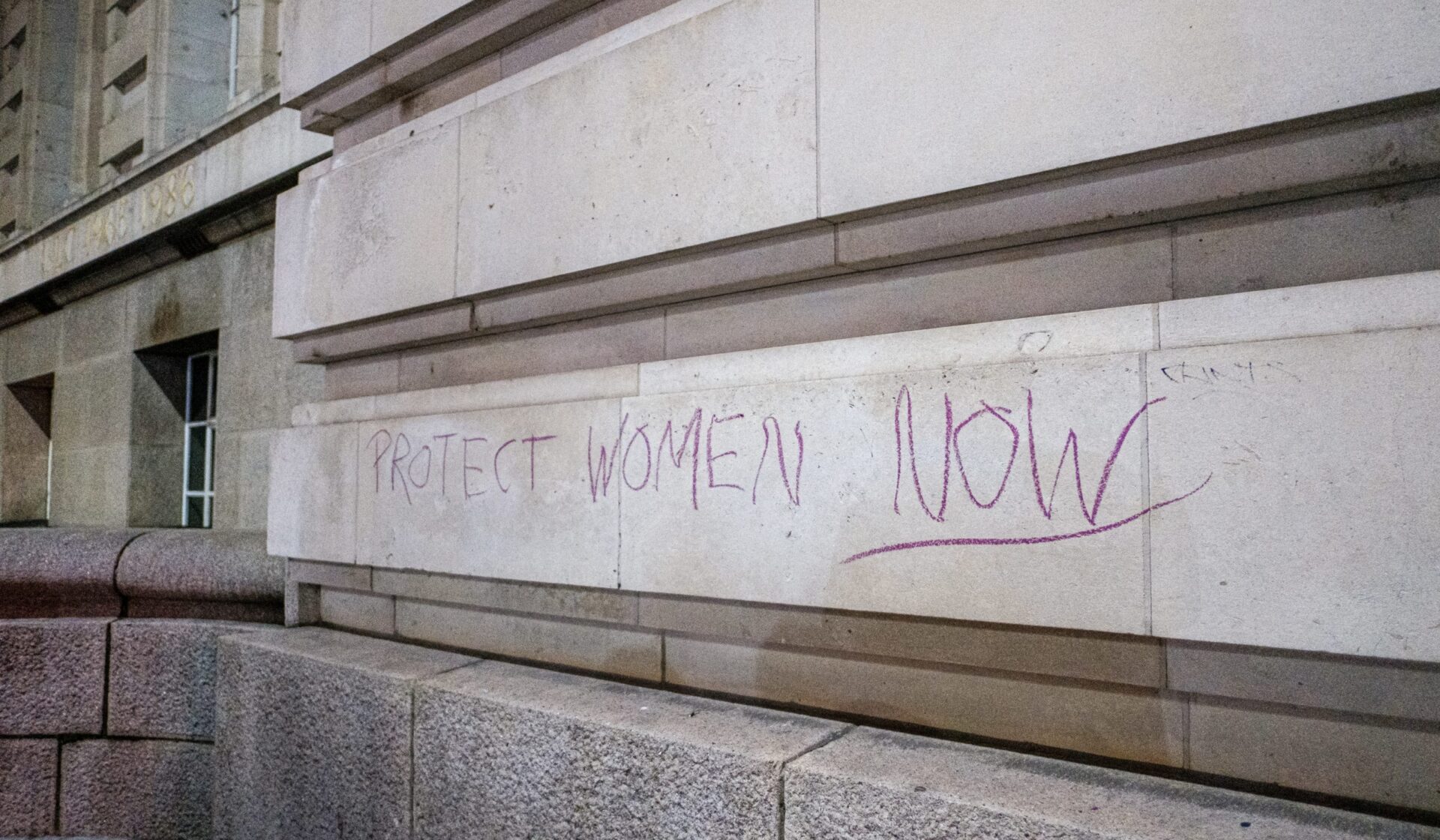Vowing to crack down on people ‘pushing harmful and hateful beliefs,’ home secretary Yvette Cooper has ordered a review of the country’s counter-extremism strategy. Part of a concerted effort to tackle ever-increasing violence against women and girls nationwide, Labour’s new approach is seeking to combat the radicalisation of young men online.
When Sarah Everard went missing in 2021, her story hit a deep nerve across the UK.
In the days following her death, women online shared their own experiences with assault or abuse and a timely study was published revealing that almost all young women in Britain have been victims of sexual harassment, with most never reporting it.
This confirmed what many already knew: that public spaces are often unsafe, and that local authorities aren’t doing nearly enough to protect us from misogynistic violence.
Today’s reality paints a painstakingly similar picture. Over three years on and misogynistic violence has not only not been dealt with accordingly – it’s worsened by a mile.
Just last month, six-year-old Bebe King, seven-year-old Elsie Dot Stancombe, and nine-year-old Alice Dasilva Aguiar were killed at a Taylor Swift-themed dance and yoga event.
The Southport stabbings tragedy was one of many recent attacks motivated by hostility based on sex or gender (despite what online misinformation had far-right rioters believe and act on) and had the nation calling for its new Labour government to deliver on its manifesto promise of preventing people from being drawn towards harmful and hateful ideologies.
View this post on Instagram
Heeding these pleas, home secretary Yvonne Cooper has vowed to crack down on the issue, ordering a review of the country’s counter-extremism strategy to determine how best to tackle the threat posed by the radicalisation of young men on the Internet.




















